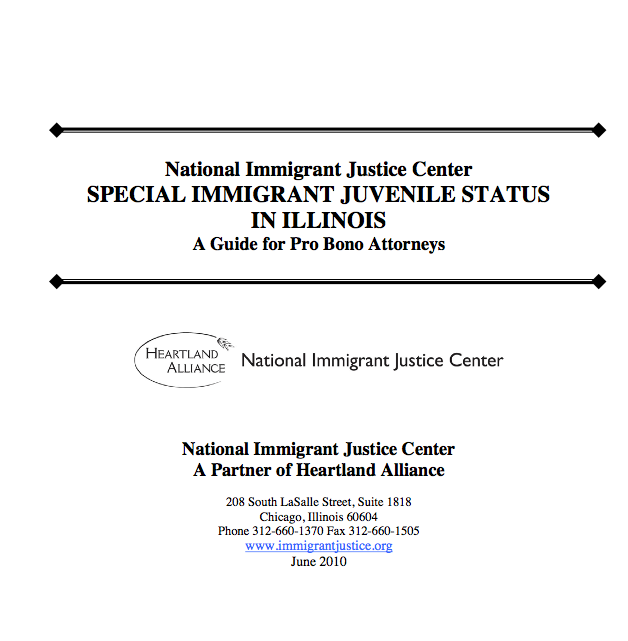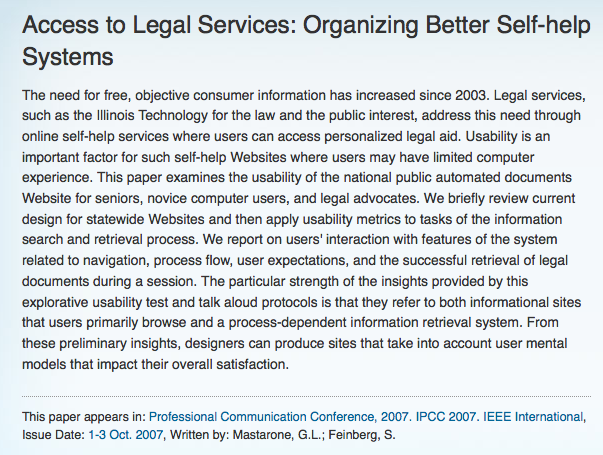New York Law School has an Institute for Information Law & Policy, which runs Tech Law Labs, in which students engage in experiential learning on innovative law topics.
Tech Law Labs
Project-based learning has been a central feature of the IILP for years, and this year is no different. Techlaw Labs allow students to work with faculty members on real-world topics and real-world clients. Below is a list of our current Tech Law labs.
Voltaire’s Social Media: Balancing Power and Responsibility
Supervising faculty member: Prof. Carole Post
Social media is powerful, but with great power comes great responsibility. The use of social media and the internet ecosystem have opened a vast array of privacy and appropriate use issues – legal, technical, social, ethical – even moral. These matters are currently the subject of much debate. Individuals, organizations, corporations, governments and all manner of entities are dealing with how to use social media to its fullest – to increase traffic to a business, bring attention to a social issue, improve one’s popularity, or influence an election – while avoiding its pitfalls. This project will explore how social media is changing the landscape of communications and how regulators and corporate communication types can keep pace to provide guidance to their clients.
The project will explore the use of the most common social media tools, gather insight into the emerging field of social media law, provide guidance on navigating the complex social media landscape, identify legal and ethical challenges a client might face in today’s electronically connected society, examine how social media is being used in academic institutions across the country, and develop a plan for a client to assess exposure and legal risk.
Issues and matters that may be explored include:
- Social media technology trends and their legal impact
- The existing legal framework governing social media and current efforts to regulate it
- Best practices for social media use by an academic institution
- Expectation of privacy or confidentiality by an organization whenusing social media
- How to draft and implement an effective social media policy
State Copyright Protection for Pre-1972 Sound Recordings
Supervising faculty member: Prof. Zvi Rosen
Recently, there has been increased attention given to the anomalous treatment of sound recordings published prior to 1972 under the copyright laws, where they are excluded from federal copyright law. It is generally asserted that state law protects these recordings, although the exact contours of this protection remain somewhat unclear. The U.S. Copyright Office has produced a report asserting that these sound recordings should be given federal protection, and several reports by the National Recording Preservation Board (NRPB) have explored the terrain of the current law with a focus on libraries and archives, including a study of the copyright laws for sound recordings in 10 states.
This project seeks to produce the definitive study of state copyright laws regarding pre-1972 sound recordings in all 50 states, a resource that will be great legal significance. The project will also examine a range of other aspects of pre-1972 sound recording, and will examine how a shift to a federal regime would impact both rights holders and consumers.
IP, the Internet, and the Human Right to Science
Supervising faculty member: Prof. Molly Land
This project will research the scope of the right to science protected in international treaties as well as the implications for such a right on modern debates about intellectual property and the regulation of information. The United Nations Committee on Economic, Social and Cultural Rights is planning to draft an interpretive statement, called a General Comment, on the right to science protected under the International Covenant on Economic, Social and Cultural Rights. Students will prepare a series of short papers discussing both historical and policy perspectives on the scope and application of the right to science. A right to science could have enormous potential for providing normative leverage against increasing restrictions on access to knowledge across a variety of areas, ranging from genetic testing to the Internet and the digital divide, including in terms of additional support for efforts to increase the availability of exceptions and limitations to copyright and patent law. If it can be arranged, the students will submit one or more papers containing their research and recommendations to the United Nations institutions and experts involved in drafting the General Comment. The team will meet once or twice in the fall at a time to be agreed (including potentially to meet with U.N. officials) but the work will otherwise take place during the spring semester of 2013. Subject to negotiation in individual cases, students will earn both credits during the spring semester.
Building Legal Expert Systems
Supervising faculty members: Prof. David Johnson and Prof. Nicholas Diamand
It is now possible to build online systems that interview users and offer situation specific guidance regarding the legal issues they face. Last year, eight students worked with Neota Logic to design such systems. That opportunity is available again this year. Profs Johnson and Diamand will work (online and by phone) to coach you through the process of selecting an appropriately targeted legal issue and potential users. You can pick any area of law you want to learn more about. You will have the opportunity to think through the circumstances facing clients. And you will work on developing clear questions and clearly stated guidance that can vary, according to the rules you specify, depending on the circumstances. You won’t be at risk of being replaced by a robot if you are the one building the robot! And being the author of a legal expert system is a great conversation starter for your resume’. No technical expertise is required — Neota Logic was specifically designed to allow expert systems to be built by lawyers, not engineers. This project has no set time for meeting, and students can negotiate with the supervisors over meeting times that suit them.
Broadband Expanded
Supervising faculty members: Prof. Charles Davidson & Michael Santorelli
Broadband Expanded (BBE) is a Web portal dedicated to assessing the benefits of and identifying the legal, regulatory, policy, and other barriers to more robust broadband adoption by senior citizens and people with disabilities and stakeholders across the healthcare and education sectors. There are three main components to BBE:
- a consumer-oriented section that includes a comprehensive listing of resources regarding the availability of programs and organizations that provide broadband training and other related services;
- a section that provides federal and state policymakers with comprehensive research materials aimed at informing public policies that seek to eliminate barriers to broadband adoption and promote more meaningful uses of this technology in key demographics and sectors; and
- a blog that allows for real-time commentary and analysis of recent developments in the broadband space.
Students participating in this project will have the opportunity to contribute to the continued development of this unique platform. In particular, each student will “own” a particular user group (seniors, people with disabilities, healthcare/telemedicine, or education) and be responsible for conducting research to update relevant content and drafting blog posts and commentaries. Students will be attributed authorship credit, as appropriate, for their work. For more information, please visit www.broadbandexpanded.com.
Work in Cooperation with Media Center
Supervising faculty member: Prof. Michael Botein
This Tech Law Lab project involves working with the Media Center at NYLS, which offers information, analysis, and hands-on experience with electronic media and telecommunications (“media-telecom”), as well as their ownership relationships to print journalism. On a day-to-day basis, this involves regulation by federal agencies such as the Federal Communications Commission (“FCC”), the Federal Trade Commission, and National Telecommunications and Information Administration. Because the governing regulatory concepts are embedded in both legislative and constitutional law, however, they consistently spin off a range of other questions—for example, the recent peripatetic first amendment ping pong match among the FCC, circuit courts, and Supreme Court as to the status of indecent broadcast speech. Other examples of statutory issues include whether the Internet is a telecommunications medium and whether cable is a common carrier. The Media Center exposes students to a broad range of breaking legal issues and intellectual disciplines. Although it emphasizes the essential core requirements of research, writing, and editing, it also encourages students to update their skill sets continually—not just in law, but also in other disciplines. For this reason, the Center’s mission requires an ability to understand a variety of intellectual concepts and factual issues, as well as to express them in readable and as persuasive English. The project may involve a variety of projects, courses, and other activities, as agreed between the student and the supervisor. These and related opportunities include: 1. Participation in researching, writing, editing, and publishing the Media Center’s publication, Media Law & Policy Journal (“MLP”), now in its 20th year. Students are encouraged to produce their own written product, for publication in MLP; 2. Internships in government, corporate, or law firm environments arranged by the Media Center. Paid summer placements may be available on a work-study basis, generally in Washington, DC or New York City; 3. Auditing of or participating for credit (2 credits, P/F) in the Media Law & Policy Seminar during the spring semester. This focuses on research, writing, and editing of articles on media, telecommunications, IP, and Internet law.



